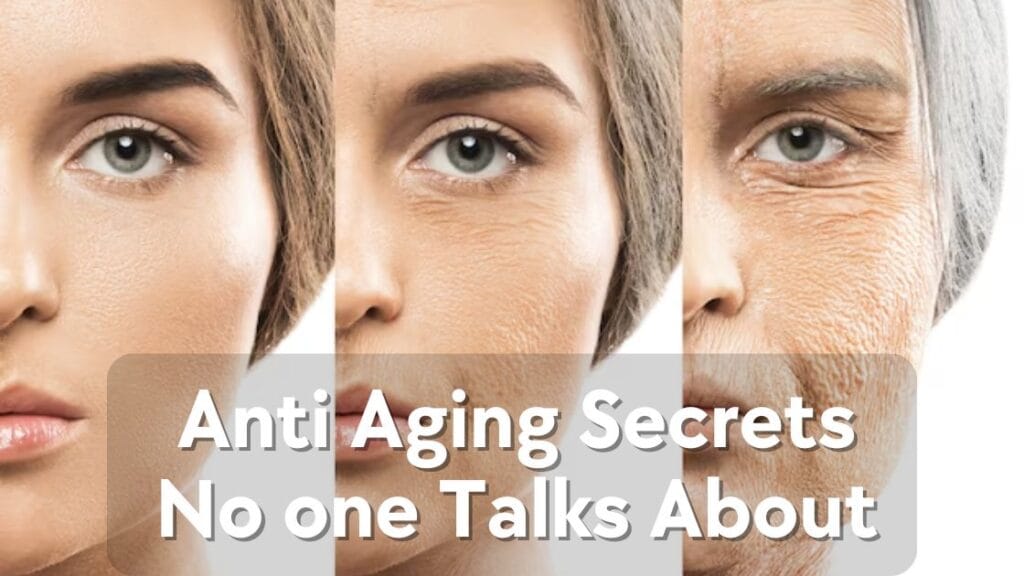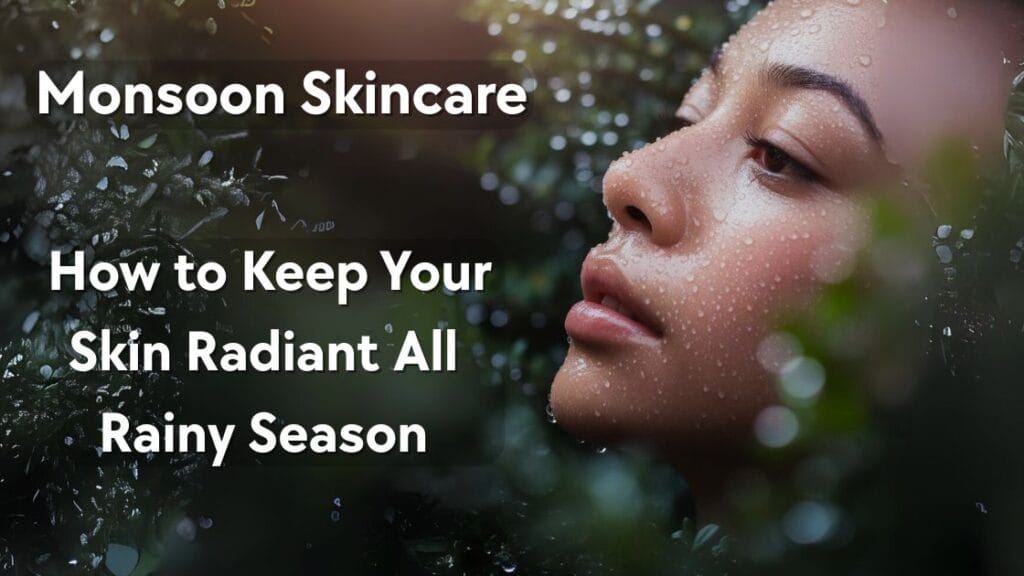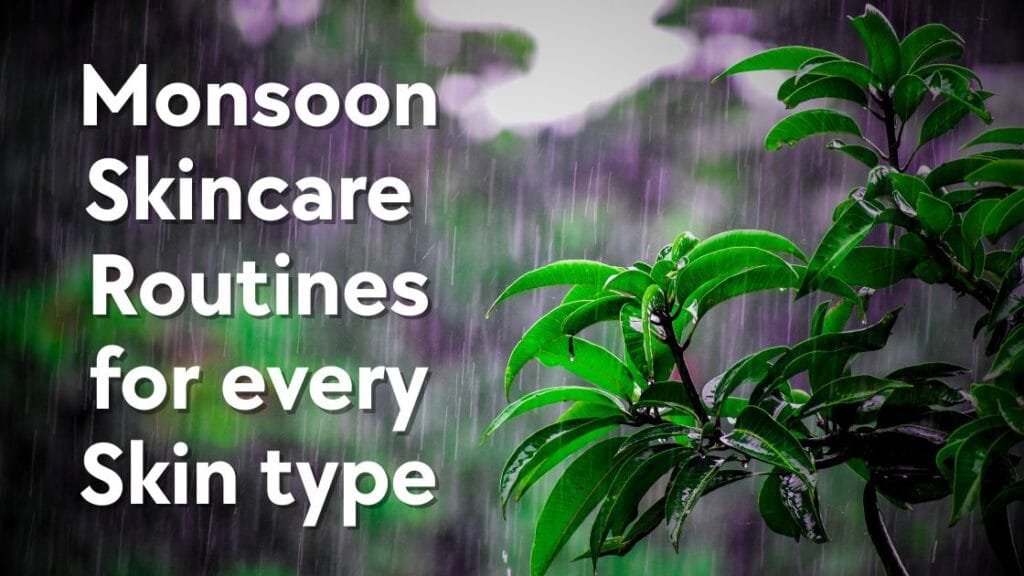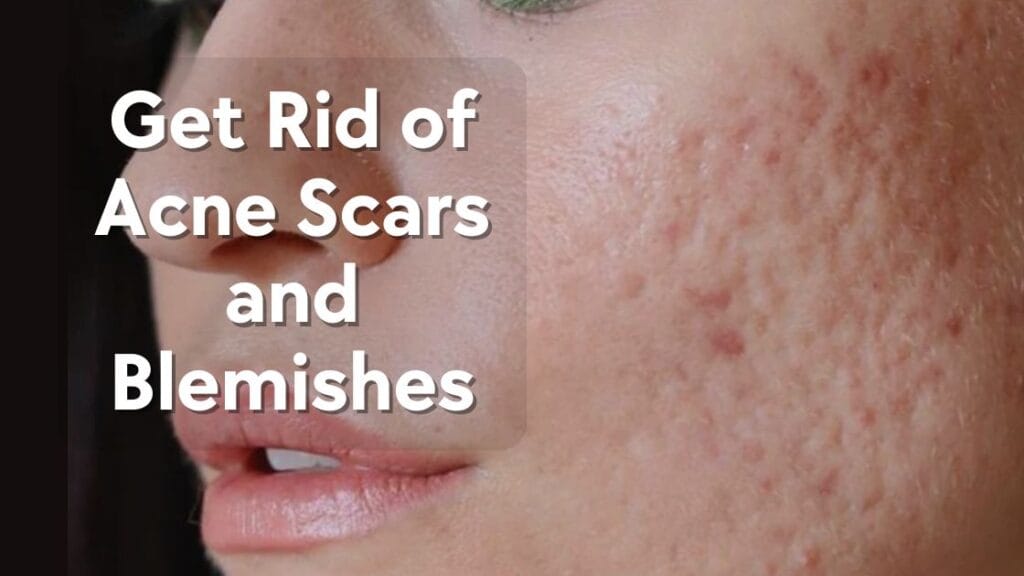Introduction
If you’ve ever watched an anti ageing routine video or flipped through skincare ads, you’ve seen claims about instant youth. But most anti ageing advice flops, not because the ingredients are wrong, but because of how it’s applied, often is. I remember jumping into an acid heavy 10 step routine only to discover my skin looked duller, more irritated, and far from rejuvenated. That taught me a simple truth: anti aging isn’t about following a trend. It’s about foundation, consistency, and personalisation.
Common Anti Aging Mistakes That Sabotage Results
Many anti ageing routines collapse before they begin due to a handful of common missteps.
Skipping Sunscreen
Sun damage causes roughly 80% of facial ageing, think fine lines, sagging, and pigmentation. Yet many treat SPF like seasonal or optional. Skipping SPF daily is the most damaging mistake.
Over Exfoliating or Ignoring It Altogether
Exfoliation helps remove dead cells and brighten skin, but too much damages the barrier, leading to inflammation and accelerated ageing. Too little, and dullness and texture accumulate. The key: gentle exfoliation, one to three times per week max.
Overloaded Multi Step Routines
“More is more” is not always true. Stacking acid, vitamin C, retinol, exfoliants and peels every day overloads the skin, causing inflammation instead of collagen backgrounding. Gentle minimalism is more sustainable.
Sleeping in Makeup
Leaving makeup and SPF on overnight traps pollutants, bacteria, and free radicals against the skin, disrupting repair and accelerating wrinkles. Even one night counts.
Using Harsh Cleansers
Foamy, alkaline cleansers strip lipids and weaken the barrier. For anti ageing, a pH balanced, mild cleanser is better at preserving moisture.
Why the “Trend‑Heavy” Approach Often Falls Flat
Viral hacks aren’t customised
Following skincare trends without understanding your own skin type or existing barrier can backfire. Homemade masks and acid toners may look appealing online, but aren’t one size fits all.
Expecting overnight change
Active ingredients like retinoids or vitamin C take weeks to reveal results. Impatience often leads to abandoning the routine too soon. Expect results in 8 to 12 weeks with consistency.
Ignoring skin barrier and inflammation
Skin acts like fabric; wear it too hard, and it frays. Blocking collagen breakdown isn’t just topical work, it needs barrier repair and reducing inflammation from within.
What Actually Helps: 5 Practices That Deliver
Habit 1: Consistent Sun Protection
UV exposure is the single largest cause of premature ageing. Applying SPF 30+ daily and reapplying every two hours when outdoors is non negotiable. Extend coverage to neck, hands, and chest. A sunscreen reminder app like UVLens can help.
Habit 2: Effective Active Ingredients, Used Correctly
Retinoids, antioxidants, peptides, hyaluronic acid, these are science backed tools. Retinoids boost collagen and cell turnover, vitamin C and niacinamide combat oxidative damage, peptides support elasticity. Start slow, avoid mixing acids and retinol in the same routine.
Habit 3: Barrier Support Through Hydration
Dry, dehydrated skin tightens fine lines. Use humectants like hyaluronic acid, occlusives like ceramides, and repair actives like niacinamide. Hydration tracker apps such as WaterMinder support internal water balance.
Habit 4: Simple, Consistent Routine
Skipping complicated layering, double cleansing, but one gentle cleanser, one active or serum, moisturiser, and SPF. Track your routine with apps like TroveSkin, keeping track of what works and what irritates. Consistency beats complexity.
Habit 5: Lifestyle Habits with Long Term Effects
Aging is a lifestyle story as much as a topical ritual. Aim for 7–8 hours sleep, stress management, antioxidant rich diet, hydration, and moderate exercise such as high impact cardio or strength training which has been shown to reduce biological age by years. Practices like meditation or restful sleep environment help reduce inflammation and support skin repair.
FAQs: People Also Ask
- At what age should I start anti aging?
Most experts recommend beginning sunscreen, hydration, and antioxidant use in your 20s for prevention. - Can anti aging products reverse wrinkles?
They can’t completely reverse aging but consistent use of retinoids, antioxidants, peptides, and sunscreen can smooth fine lines and improve texture over time. - Is vitamin C or retinol better for anti aging?
They serve different purposes: vitamin C protects and brightens daytime while retinol renews cells at night. Together, but at different times, they offer complementary benefits. - How often should I exfoliate?
Limit exfoliating dust or acids to once to three times weekly, depending on skin sensitivity, to prevent barrier damage. - Can sensitive skin use retinoids?
Yes, using low concentration, buffered forms or retinol alternatives like bakuchiol can work slowly and with moisturiser. - Is expensive skincare essential to age well?
Not necessarily. Multiple analyses show affordable products with scientifically proven ingredients are as effective if used consistently. - Does internal hydration really improve skin aging?
Yes, hydration keeps collagen supple and supports barrier function. Chia seeds and antioxidant rich foods help reduce inflammation. - What if my skin gets irritated?
Reduce frequency of actives, layer moisturiser, pause use, and return to a gentle, hydrating base until the skin recovers. - Should I see a dermatologist before starting retinol?
Consultation helps tailor strength and layering for your skin type and concerns, especially if you have reactive or thinning skin. - How long to see results from anti aging routine?
Expect visible change over 8 to 12 weeks with consistent use of active ingredients and sunscreen.
Personal Anecdotes: Real Life Lessons
- I overloaded my skin with acid, retinol, and vitamin C simultaneously, hoping for speed. Result: redness, peeling, regret. Scaling back to a single retinoid at night paired with hydration every day transformed my barrier, and results followed within weeks.
- A friend’s frame: she added peptides and antioxidants after stopping alcohol intake and improving sleep. Three months later, her clarity and firmness improved noticeably, without changing skincare products.
Tools & Apps That Support Your Anti Aging Journey
- UVLens – sunscreen reapplication reminders
- EWG’s Skin Deep / INCI Decoder – ingredient safety evaluation
- WaterMinder or HydroCoach – internal hydration tracking
- TroveSkin or SkinJournal – track product use, routine consistency and skin response
- Sleep trackers or meditation apps – support quality rest and inflammation reduction
Conclusion
Most anti aging advice fails because it skips the essentials: sunscreen, barrier care, hydration, consistency, and personalisation. Viral trends or expensive serums don’t guarantee results. What works: evidence-based ingredients like retinoids or niacinamide, layered with hydration and protection, supported by rest, nutrition, and moderation. A simple, consistent routine beats overloaded ones every time. Stick with it, avoid inflammation, treat your skin kindly, and anti aging becomes gentle and effective.
TL;DR Summary Box
Why Most Anti Aging Advice Fails and How to Fix It:
- Mistakes: skipping SPF, over exfoliation, layering too many actives, sleeping in makeup, harsh cleansers
- Effective steps: Daily broad‑spectrum SPF; slow introduction of retinoids, antioxidants and peptides; hydration with ceramides/hyaluronic acid, gentle cleansing; consistent simple routine
- Lifestyle matters: Prioritise sleep, hydration, a balanced diet and stress reduction
- Useful tools: Ingredient checkers, hydration reminders, skincare trackers, sunscreen apps
- Expect results in 8–12 weeks; avoid irritation by building tolerance patiently.
With balanced advice, fewer mistakes and powerful habits, anti ageing can actually age well, without all the pressure.





